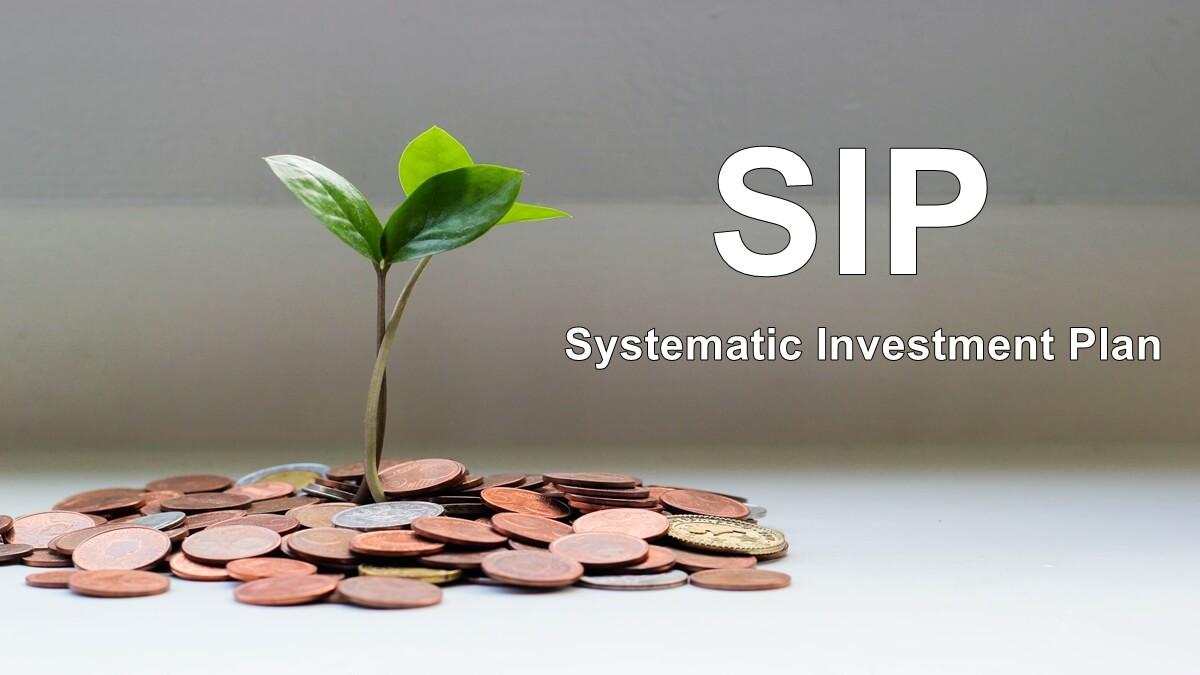SIP investments offer a practical solution for short-term financial goals. While often linked with long-term planning, SIPs prove equally beneficial for short-term objectives. With a systematic approach, investors contribute fixed amounts at regular intervals, fostering discipline in savings.
Short-term SIPs provide flexibility and liquidity, catering to diverse needs such as building emergency funds, funding vacations, or preparing for upcoming expenses. Utilising tools like SIP calculators can help individuals assess their investment strategies and tailor SIPs to meet specific short-term goals. SIPs emerge as a versatile tool for investors aiming to realise their immediate financial aspirations.
Understanding SIP Investments
Understanding SIP investments is simple: it’s a way to invest in mutual funds regularly. Instead of putting in a lump sum, you commit to investing a fixed amount at regular intervals. This approach helps build discipline in saving and investing. With SIPs, you don’t need much money upfront, making it accessible to many. It’s suitable for long-term goals like retirement or short-term ones like saving for a vacation. SIPs spread risk by buying units at different prices over time, reducing the impact of market fluctuations. Overall, SIPs offer a hassle-free and gradual approach to growing your wealth.
The Role of SIPs in Short-Term Goals
SIP investments can be part of a strategy for short-term financial goals, but certain factors need to be considered:
- Investment Horizon: SIPs are designed to benefit from the power of compounding and rupee cost averaging over a longer period. However, due to the shorter investment horizon, these features may be limited for short-term goals.
- Market Volatility: The stock market can be volatile in the short term. While SIPs help mitigate some risks through regular investing, the shorter the time frame, the greater the exposure to market fluctuations. This can impact the returns on your investments.
- Type of Mutual Funds: For short-term goals, choosing less volatile mutual funds is advisable. Debt or liquid funds are typically less risky and provide more predictable returns than equity funds, making them more suitable for short-term SIP investments.
Using a SIP Calculator
A SIP calculator is an essential tool that helps investors estimate the potential returns from their SIP investments over a specific period. By inputting details such as the monthly investment amount, the expected rate of return, and the investment duration, a SIP calculator can provide a clear picture of the future value of your investments.
For short-term financial goals, a SIP calculator can help understand whether the expected returns meet the required target and decide the monthly contribution needed to reach the goal within the desired timeframe.
Advantages of Short-Term SIPs
Despite the risks, there are advantages to using SIPs for short-term goals:
- Disciplined Savings: Short-term SIPs encourage regular contributions, fostering financial discipline and habit formation.
- Flexible Tenure: Investors can customise the duration of short-term SIPs according to their specific financial goals and requirements.
- Liquidity: Short-term SIPs offer liquidity, allowing investors to access their funds partially or fully as needed without penalties.
- Capital Appreciation: While focused on short-term goals, SIPs also provide the potential for modest capital appreciation over the investment period.
- Accessibility: SIPs are accessible to a wide range of investors, including those with smaller amounts to invest, making them inclusive and suitable for various financial situations.
- Diversification: Short-term SIPs provide access to a diverse range of mutual funds, allowing investors to spread their investments across different asset classes and sectors.
- Cost-Effective: SIPs typically have lower entry barriers and fees compared to other investment avenues, making them a cost-effective option for investors.
- Risk Management: By spreading investments over regular intervals, short-term SIPs help mitigate the risk associated with timing the market and reduce the impact of market volatility.
- Goal Achievement: Short-term SIPs facilitate the accomplishment of immediate financial goals such as building emergency funds, funding vacations, or meeting upcoming expenses.
- Convenience: SIPs offer the convenience of automated investing, with funds deducted from the investor’s bank account at regular intervals, requiring minimal effort for management.
Conclusion
While SIP investments can be useful for short-term financial goals, it’s crucial to understand their limitations and the impact of market volatility over shorter periods. Using a SIP calculator can help plan and set realistic expectations. Ultimately, the choice depends on individual risk tolerance and financial objectives. It’s important to recognise that while SIPs offer flexibility, liquidity, and disciplined savings, they are not immune to market fluctuations.
Therefore, prudent planning and regular review are essential to manage risks and maximise returns. The suitability of short-term SIPs depends on individual circumstances and goals. By being diligent and using available tools, investors can benefit from SIPs to navigate their short-term financial goals effectively while laying a foundation for long-term financial success.
